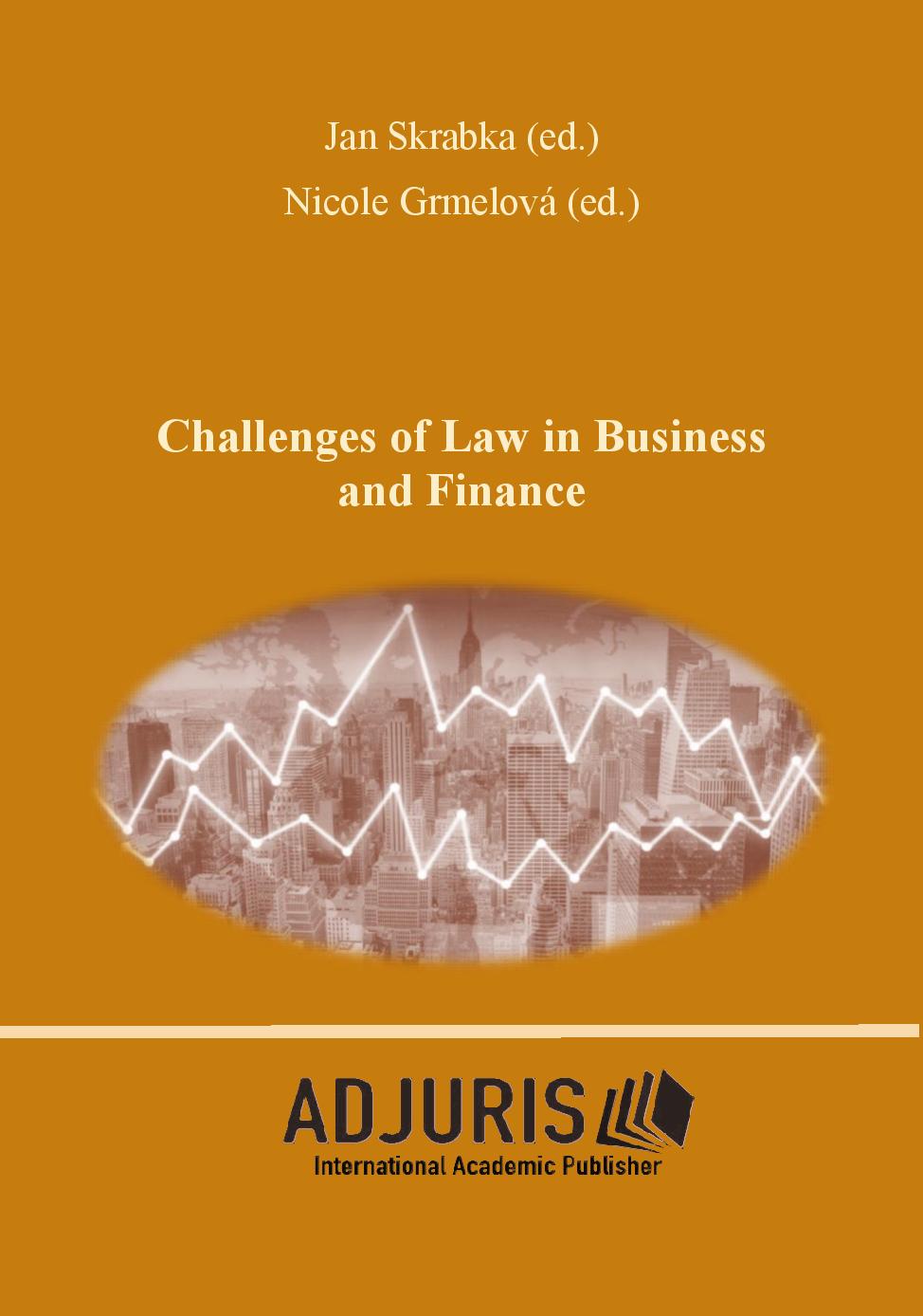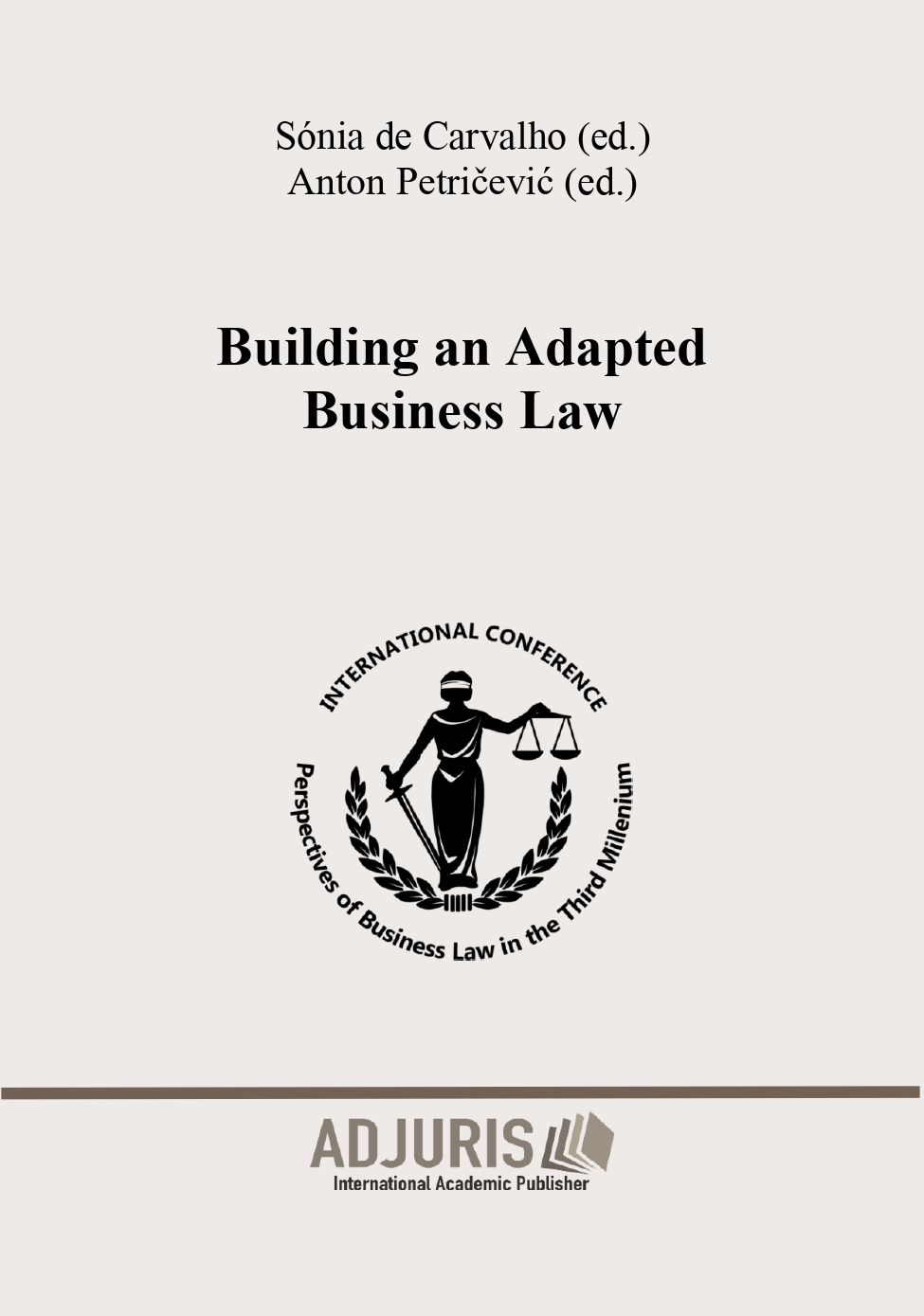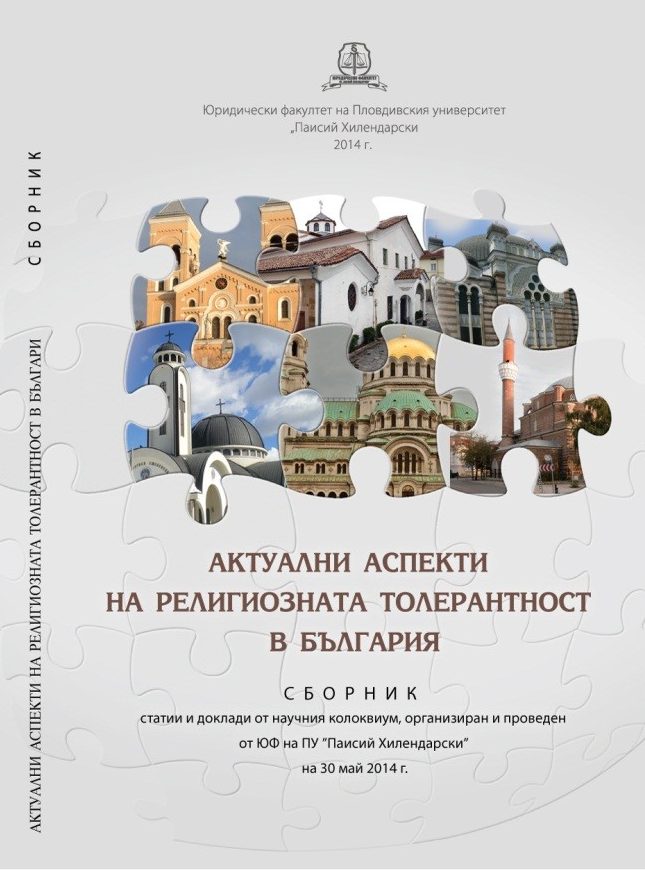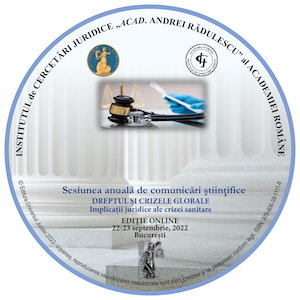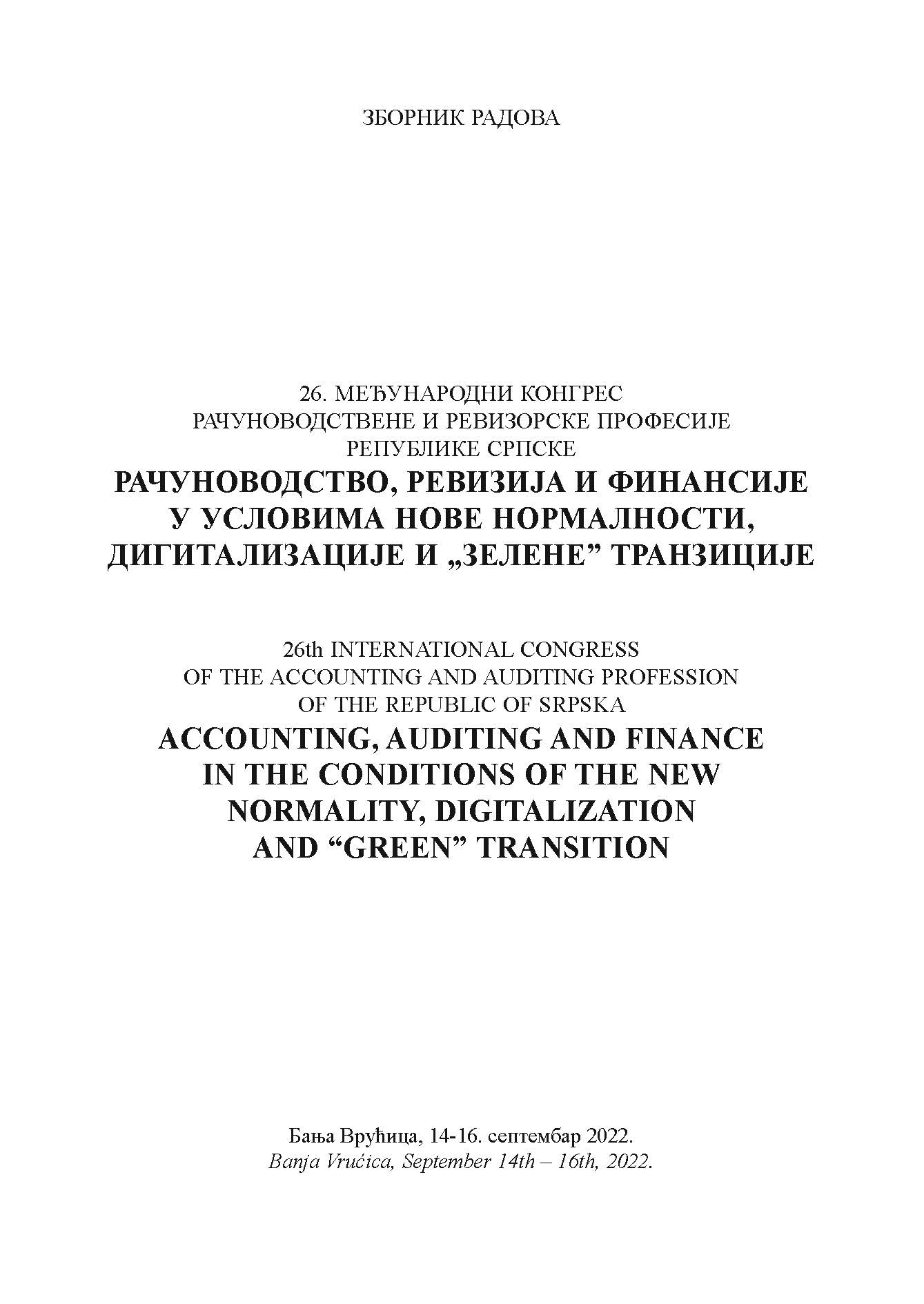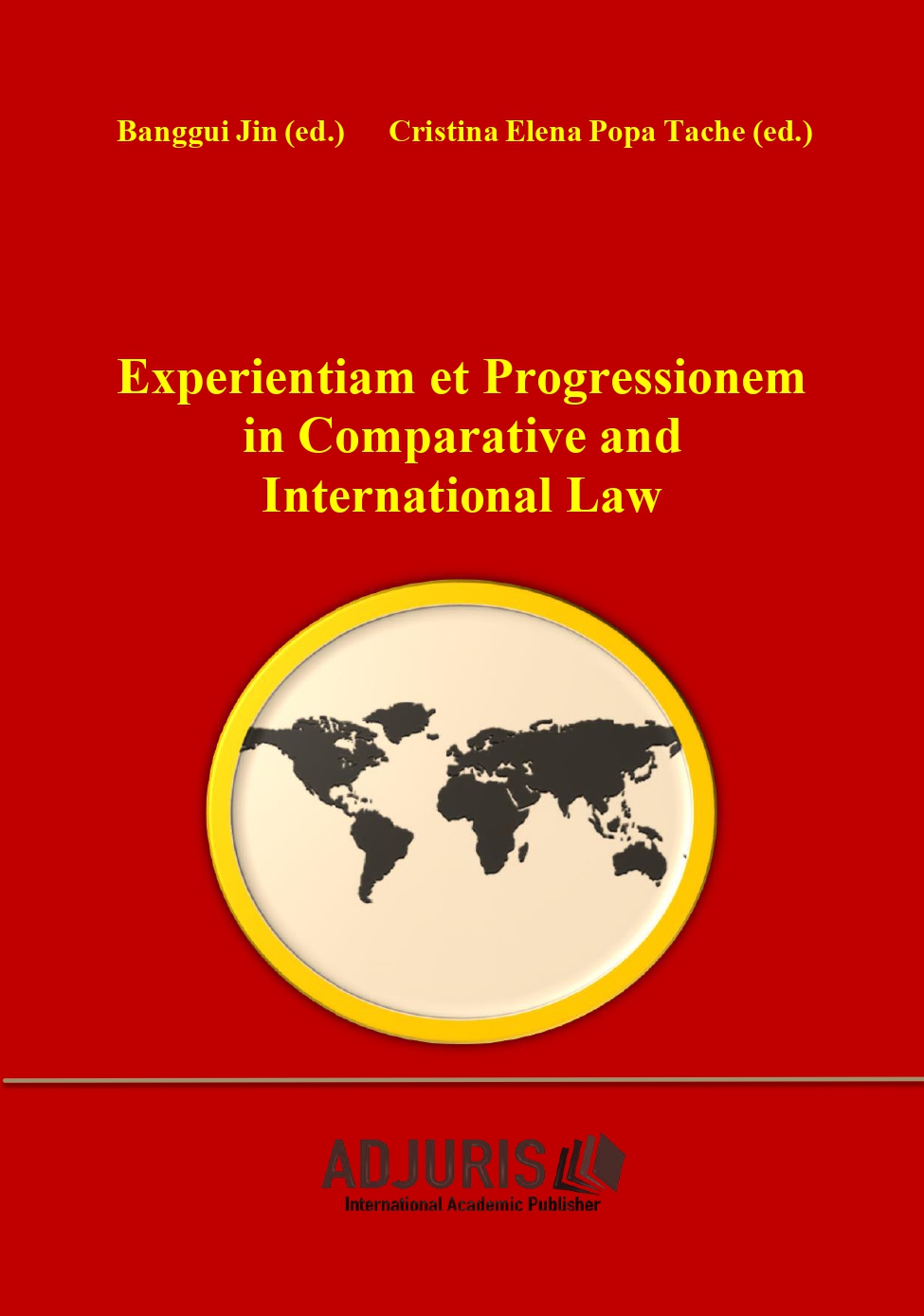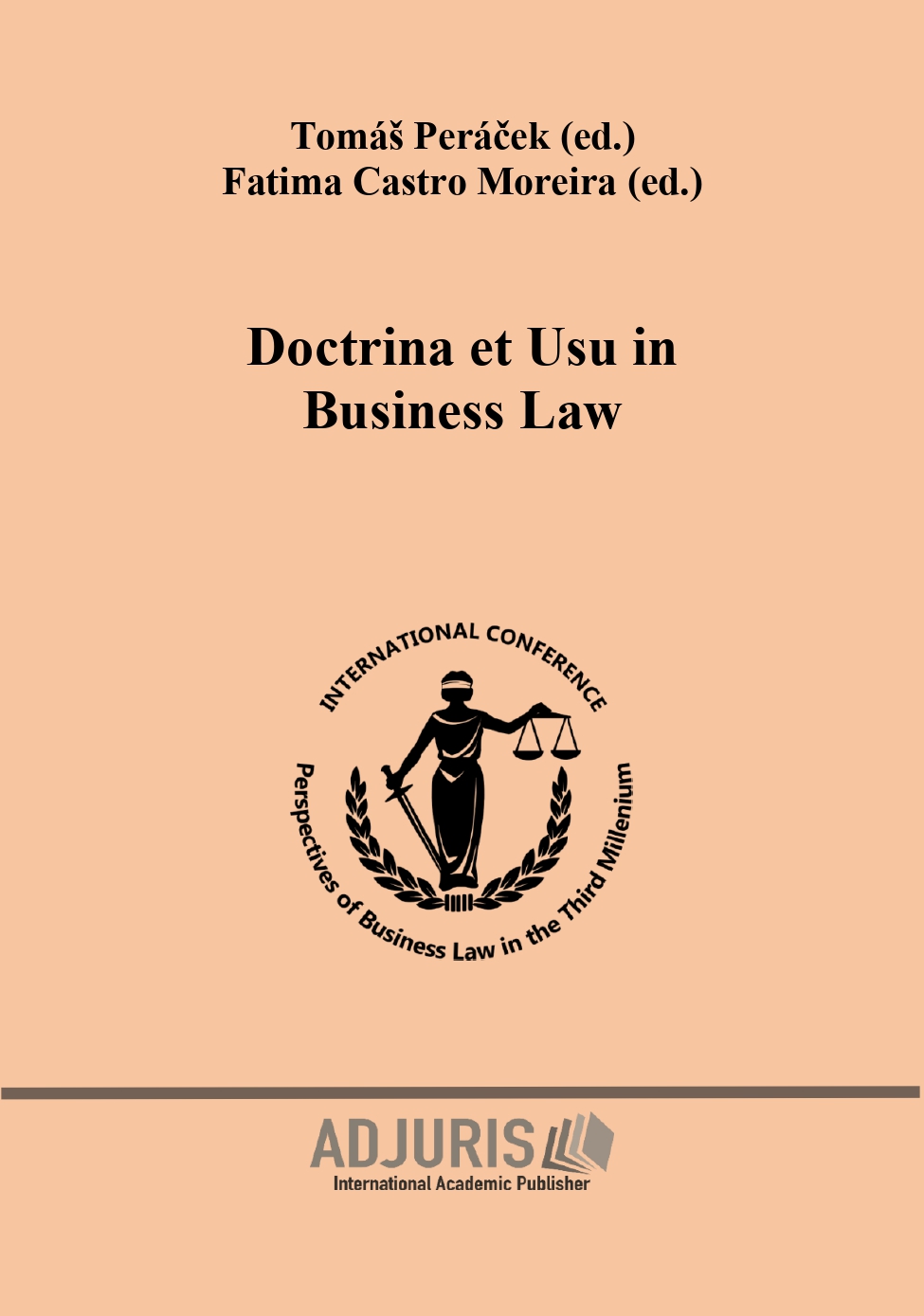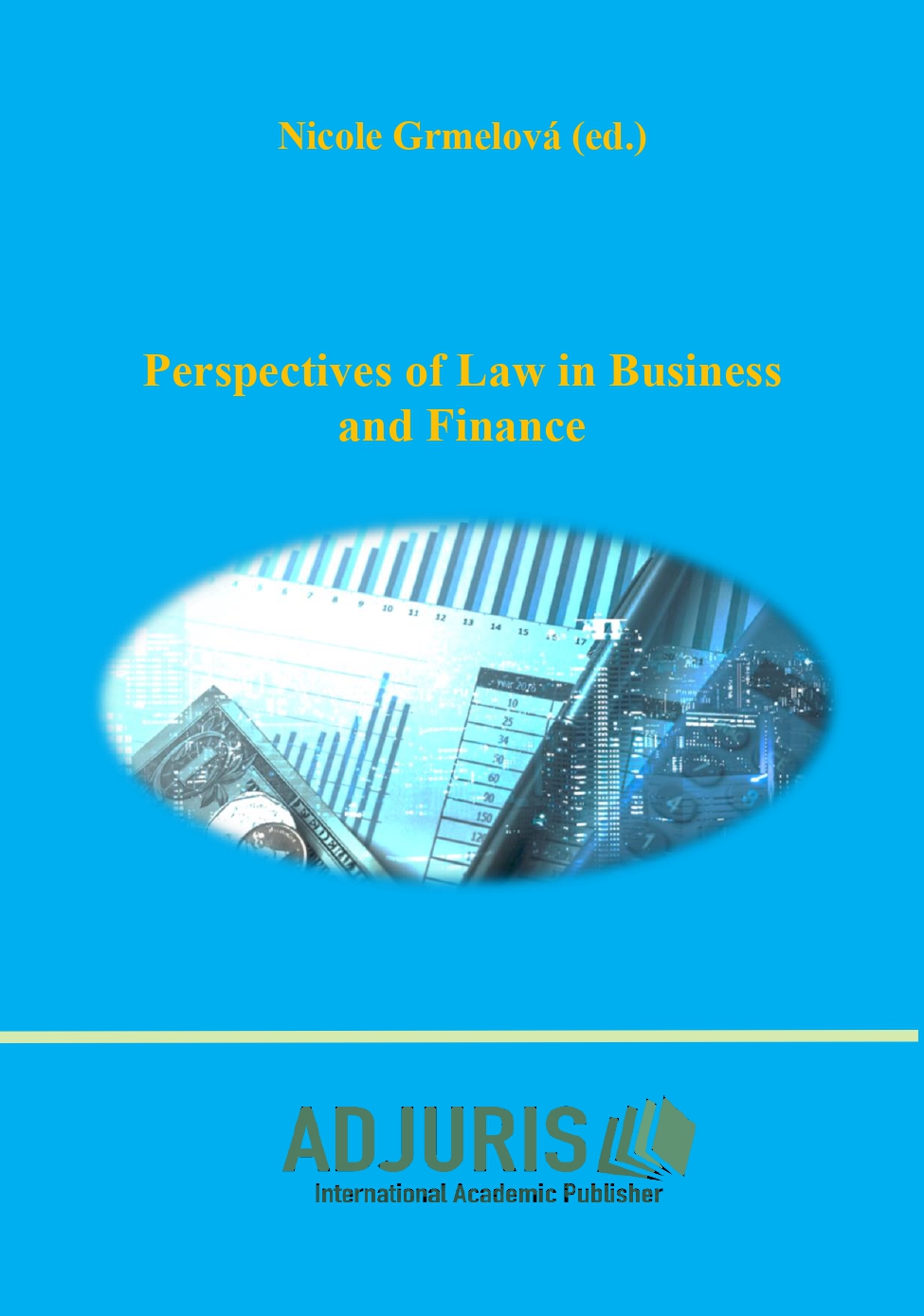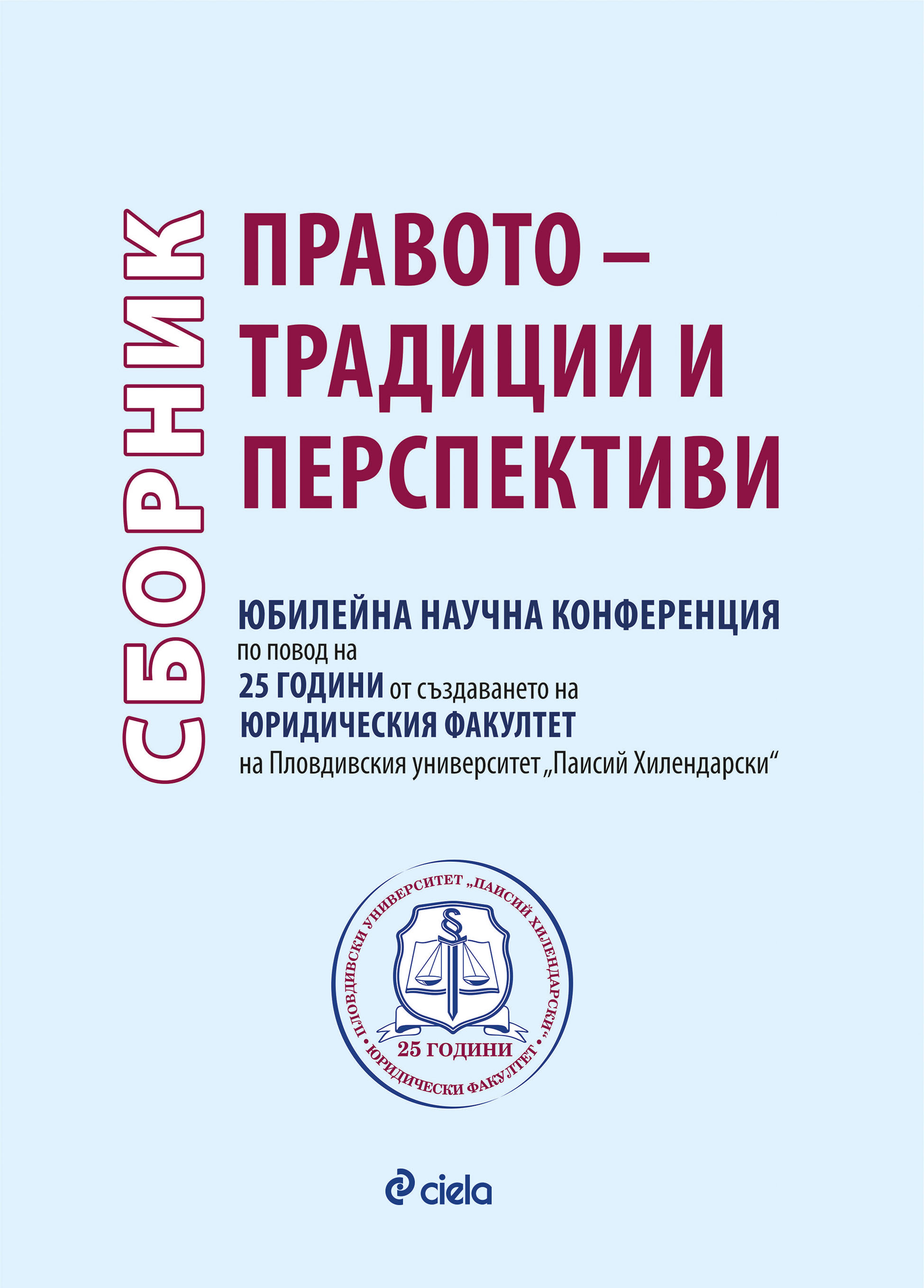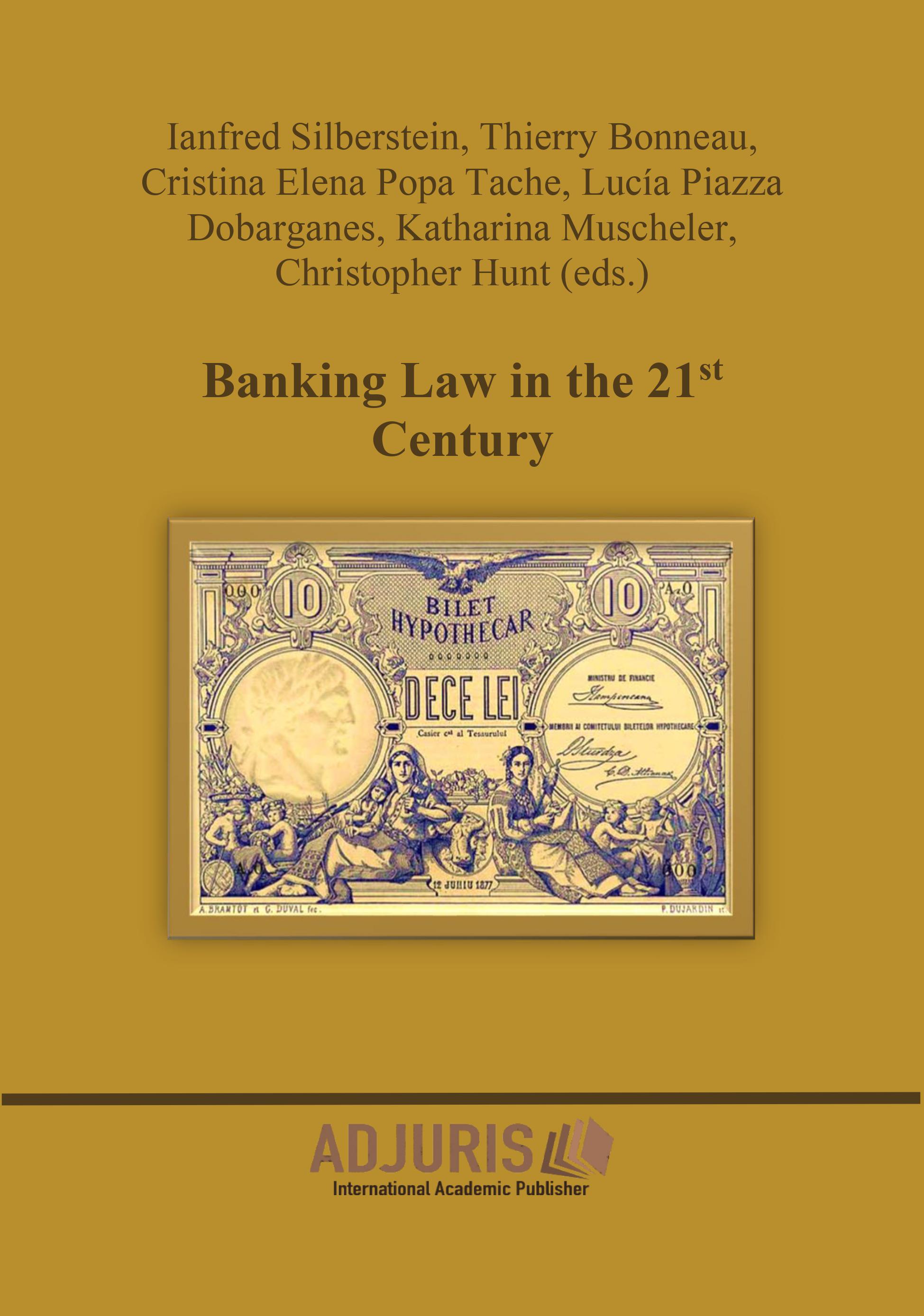
Remuneration of bankers: legal questions from the supervisory perspective
The remuneration perceived by the directors and senior managers of credit institutions became a topic of interest for regulators and supervisors in the aftermath of the financial crisis of 2007. By then, it became evident that some bankers were most focused on profits (and bonuses) on the short term, while exposing their institutions to higher risk in the long term. The Union legislator has progressively shaped a regime for remuneration under the Capital Requirements Directive (CRD), with the ultimate objective of aligning the remuneration with the long-term objectives of credit institutions. This is achieved with provisions requiring, among others, that part of the remuneration is paid in instruments, part of the remuneration is deferred for some years, retention obligations for the instruments awarded, and an ex-post risk adjustment in the form of malus or even clawback, i.e., the possibility for an institution to claim back the remuneration paid if the situation deteriorates further. The particularity for the ECB when ensuring the compliance of these rules is that, in accordance with its statutory provisions, it has to take into account the national legislation transposing the CRD, which obliges the ECB to be very mindful of the differences between jurisdictions. The supervision of the remuneration rules is conducted on an ongoing basis, in constant supervisory dialogue with credit in- stitutions.
More...
